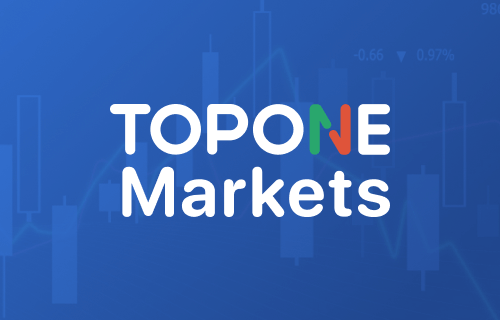
New Join Offer
$100,000 Demo Funds
Trending Articles
Our Strength
Ultra-low Spreads | 0% Handling Fees | Multiple Leverage | Rapid Execution
100%
Deposit Bonus
Obtain Maximum Bonus $30,000

New Client can claim a $100 reward!

Bonus rebate to help investors grow in the trading world!
Or try Free Demo Trading
 English
English














